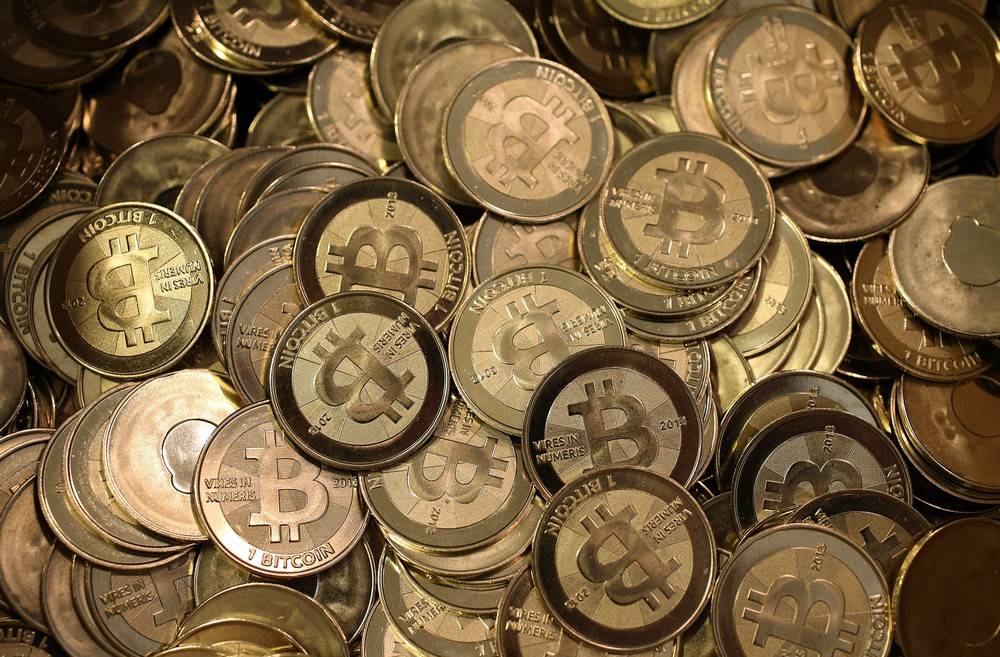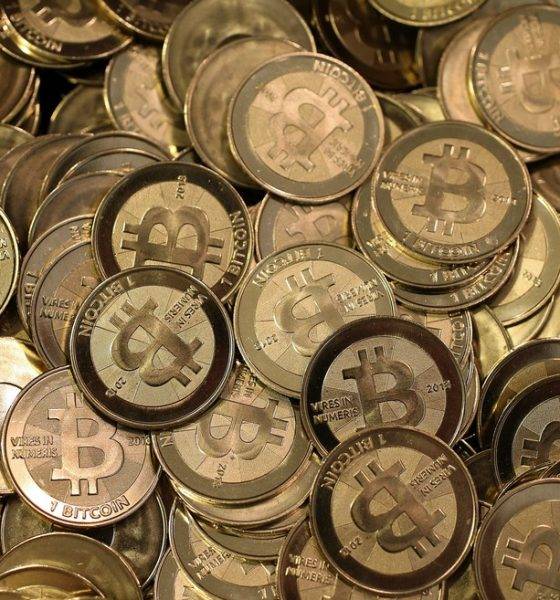

Banking
The Central Bank of Albania Lists 5 Most Important Bitcoin Risks in Public Warning
In a public announcement on Thursday, the central bank of Albania warned citizens of the risks associated to the usage of digital currencies such as bitcoin. It includes five of things the bank considers the most significant risks associated with digital currencies for Albania.
The Bank of Albania, which is the Balkan country’s central bank, issued a public notice warning Albanians of the risks related to the use of cryptocurrencies such as bitcoin.
Citing how the absence of rules can result in significant risks, uncertainties, and a lack of protection against losses, the bank stated that anyone engaged in this kind of activity does so at their own risk.
This is the first time the Bank of Albania has issued a warning about bitcoin, which still has a very small market in the country with only a handful of Localbitcoin traders. This statement follows an earlier warning by the Albanian Financial Supervisory Authority about the risks of using any unlicensed online trading platforms, Tirana Timesdetailed. Bitcoin was not mentioned in that previous warning.
Five Top Risks of Digital Currencies
To raise public awareness of the risks of digital currencies, the Albanian central bank has listed five of what it considers the “most important” risks for Albania in its announcement:
First, the bank noted that the values of digital currencies are “quite unstable,” citing that they “can be manipulated” which could lead to significant losses for investors. In addition, the lack of liquidity could impede the conversion between them and fiat.
Second, digital currency exchanges are unregulated and unregistered, which could also lead to losses.
Third, some of these exchange platforms are “quite vulnerable to cyber attacks,” the bank explained. Investments could be at risk since these attacks can happen at any time and, in many cases, there may be no recovery option.
Fourth, “while investments in these currencies are anonymous, they can be used by individuals to enable illegal activities such as money laundering, financing of terrorism or smuggling of illicit goods,” the bank detailed.
Fifth, the bank described that “at the request of the virtual currency scheme, people need to digitize their identification, such as by scanning their passport, retina or fingerprint.” The identification tools they use “are not subject to the laws and regulations for the protection of personal data or safety standards. Consequently, there is no guarantee that these credentials will be administered safely to avoid their theft or misuse.”















